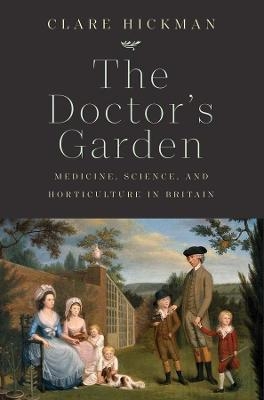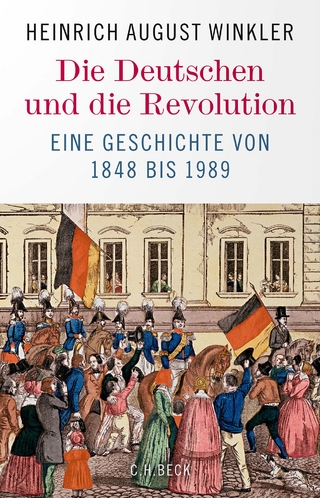
The Doctor's Garden
Medicine, Science, and Horticulture in Britain
Seiten
2022
Yale University Press (Verlag)
978-0-300-23610-1 (ISBN)
Yale University Press (Verlag)
978-0-300-23610-1 (ISBN)
A richly illustrated exploration of how late Georgian gardens associated with medical practitioners advanced science, education, and agricultural experimentation
As Britain grew into an ever-expanding empire during the late eighteenth and early nineteenth centuries, new and exotic botanical specimens began to arrive within the nation’s public and private spaces. Gardens became sites not just of leisure, sport, and aesthetic enjoyment, but also of scientific inquiry and knowledge dissemination. Medical practitioners used their botanical training to capitalize on the growing fashion for botanical collecting and agricultural experimentation in institutional, semipublic, and private gardens across Britain. This book highlights the role of these medical practitioners in the changing use of gardens in the late Georgian period, marked by a fluidity among the ideas of farm, laboratory, museum, and garden. Placing these activities within a wider framework of fashionable, scientific, and economic interests of the time, historian Clare Hickman argues that gardens shifted from predominately static places of enjoyment to key gathering places for improvement, knowledge sharing, and scientific exploration.
As Britain grew into an ever-expanding empire during the late eighteenth and early nineteenth centuries, new and exotic botanical specimens began to arrive within the nation’s public and private spaces. Gardens became sites not just of leisure, sport, and aesthetic enjoyment, but also of scientific inquiry and knowledge dissemination. Medical practitioners used their botanical training to capitalize on the growing fashion for botanical collecting and agricultural experimentation in institutional, semipublic, and private gardens across Britain. This book highlights the role of these medical practitioners in the changing use of gardens in the late Georgian period, marked by a fluidity among the ideas of farm, laboratory, museum, and garden. Placing these activities within a wider framework of fashionable, scientific, and economic interests of the time, historian Clare Hickman argues that gardens shifted from predominately static places of enjoyment to key gathering places for improvement, knowledge sharing, and scientific exploration.
Clare Hickman is a senior lecturer in history at Newcastle University. She lives in Whitley Bay, United Kingdom.
| Erscheinungsdatum | 11.01.2022 |
|---|---|
| Zusatzinfo | 32 color + 44 b-w illus. |
| Sprache | englisch |
| Maße | 156 x 235 mm |
| Themenwelt | Geschichte ► Allgemeine Geschichte ► Neuzeit (bis 1918) |
| Geisteswissenschaften ► Geschichte ► Regional- / Ländergeschichte | |
| Geschichte ► Teilgebiete der Geschichte ► Kulturgeschichte | |
| Naturwissenschaften ► Biologie ► Botanik | |
| ISBN-10 | 0-300-23610-7 / 0300236107 |
| ISBN-13 | 978-0-300-23610-1 / 9780300236101 |
| Zustand | Neuware |
| Informationen gemäß Produktsicherheitsverordnung (GPSR) | |
| Haben Sie eine Frage zum Produkt? |
Mehr entdecken
aus dem Bereich
aus dem Bereich
Giordano Bruno - ein ketzerisches Leben
Buch | Hardcover (2024)
C.H.Beck (Verlag)
29,90 €
das dramatische 16. Jahrhundert
Buch | Hardcover (2024)
Rowohlt Berlin (Verlag)
34,00 €
eine Geschichte von 1848 bis 1989
Buch | Hardcover (2023)
C.H.Beck (Verlag)
24,00 €


